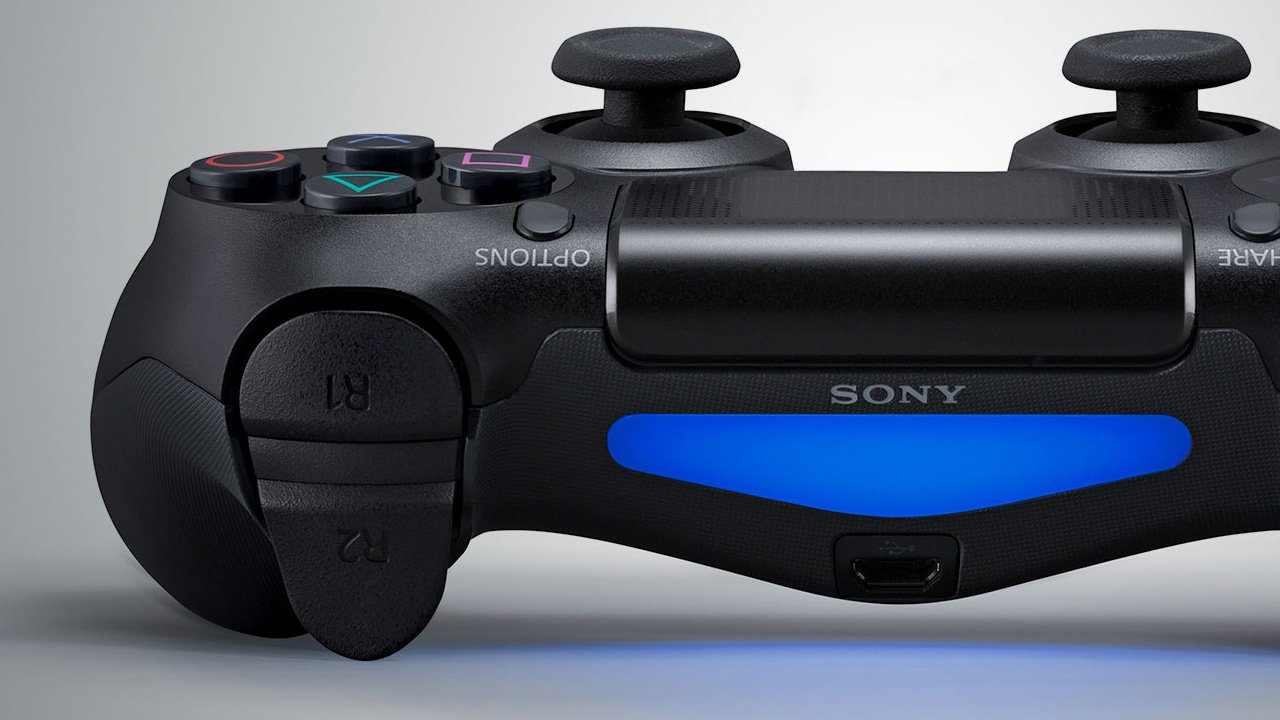While most first world, Western nations tend to downplay console modification, “mod chips,” and subsequent software piracy, it’s a very different story in other parts of the world. In earlier generations, consoles like the PS1 and PS2 were widely modded in other countries, while it was the Wii that took that top spot in the last generation, with some Xbox 360 modding taking second place. It’s now been discovered that resourceful hackers in Brazil have found a way to hack the PS4 and certain shops in the South American nation are now charging between US$100 and US$150 to mod consoles.
This isn’t a casual process that anyone can do in their home, as it involves taking a legitimate or legal console with games installed on it, and circumventing the copy protection with a Raspberry Pi microcomputer to transfer games onto a target console. Brazilian stores are charging a fee to transfer 10 or so games onto customer consoles.
For Brazil in particular, this makes a lot of economic sense, where the local version of the PS4 first debuted for US$1800, thanks to the brutal luxury tax the consumer electronics are imposed with. Prices like make $100 a cost effective solution for getting more games onto the machine, though of course, this is completely illegal.
Now that the news is out, it’s doubtless Sony is looking into this—if only to see how they can prevent the proliferation of this technique from working its way into North America—and it’s probably just a matter of time before Sony either nips this in the bud with a firmware update, or gives up the original PS4 as a lost cause and accelerates development on a PS4 slim with safeguards that directly address this.
Whatever the case, it took a while, but it looks like Sony “wins” the race for the first modded console of this console generation. Now we just have to see whether this spreads like wildfire, or stays contained within Brazil. My money’s on the wildfire.




